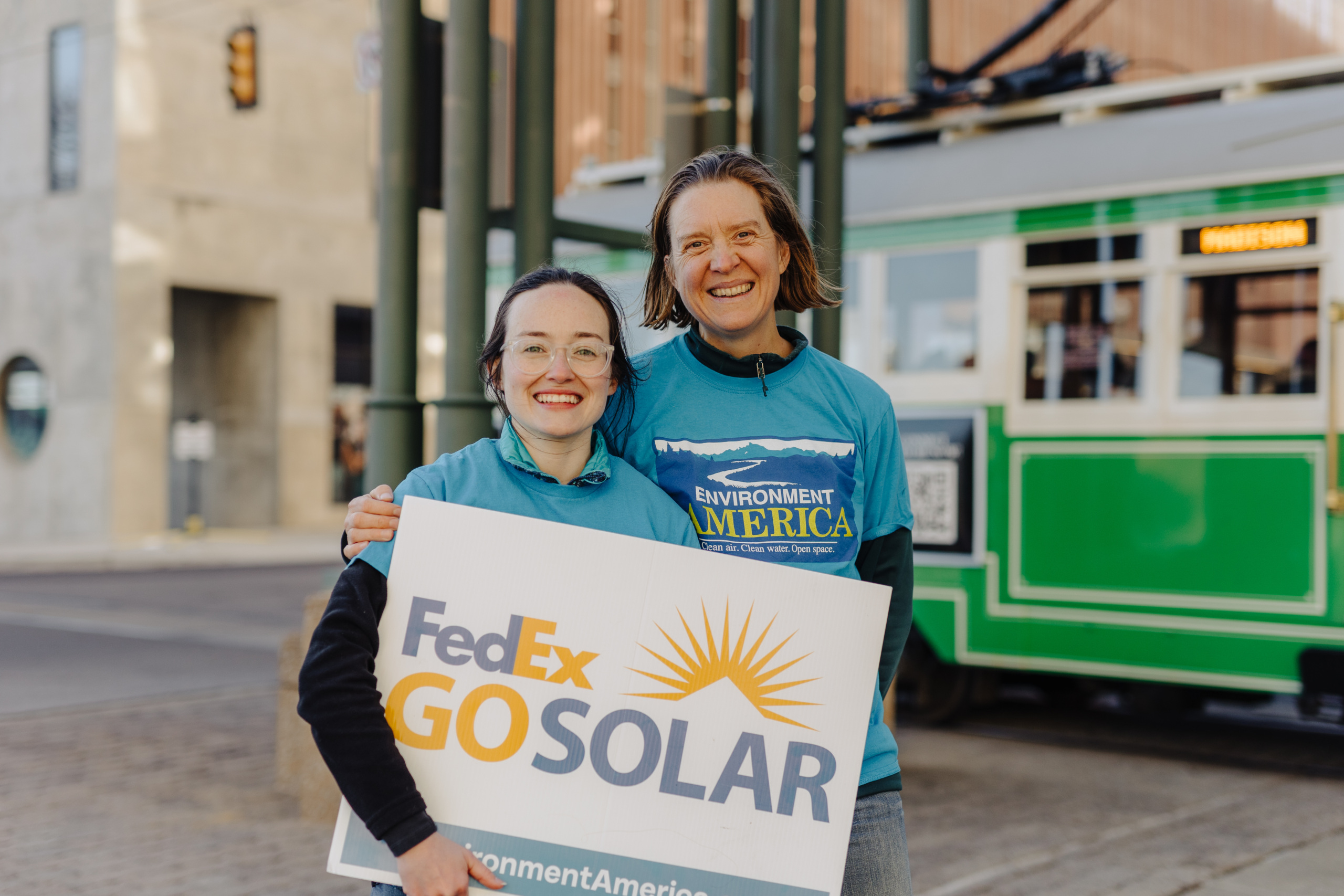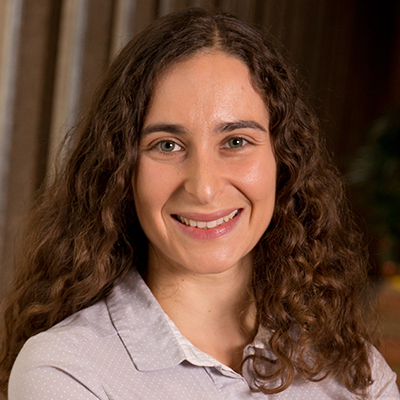
In their own words: Local leaders urge Congress to act on climate
More than 250 local and state government officials, health professionals, small business owners, academics and environmental groups from 34 states plus the District of Columbia sent a letter to Congress on Thursday, February 17, 2022 urging them to quickly pass legislation to address climate change. Here's how climate change is impacting their communities, in their own words.
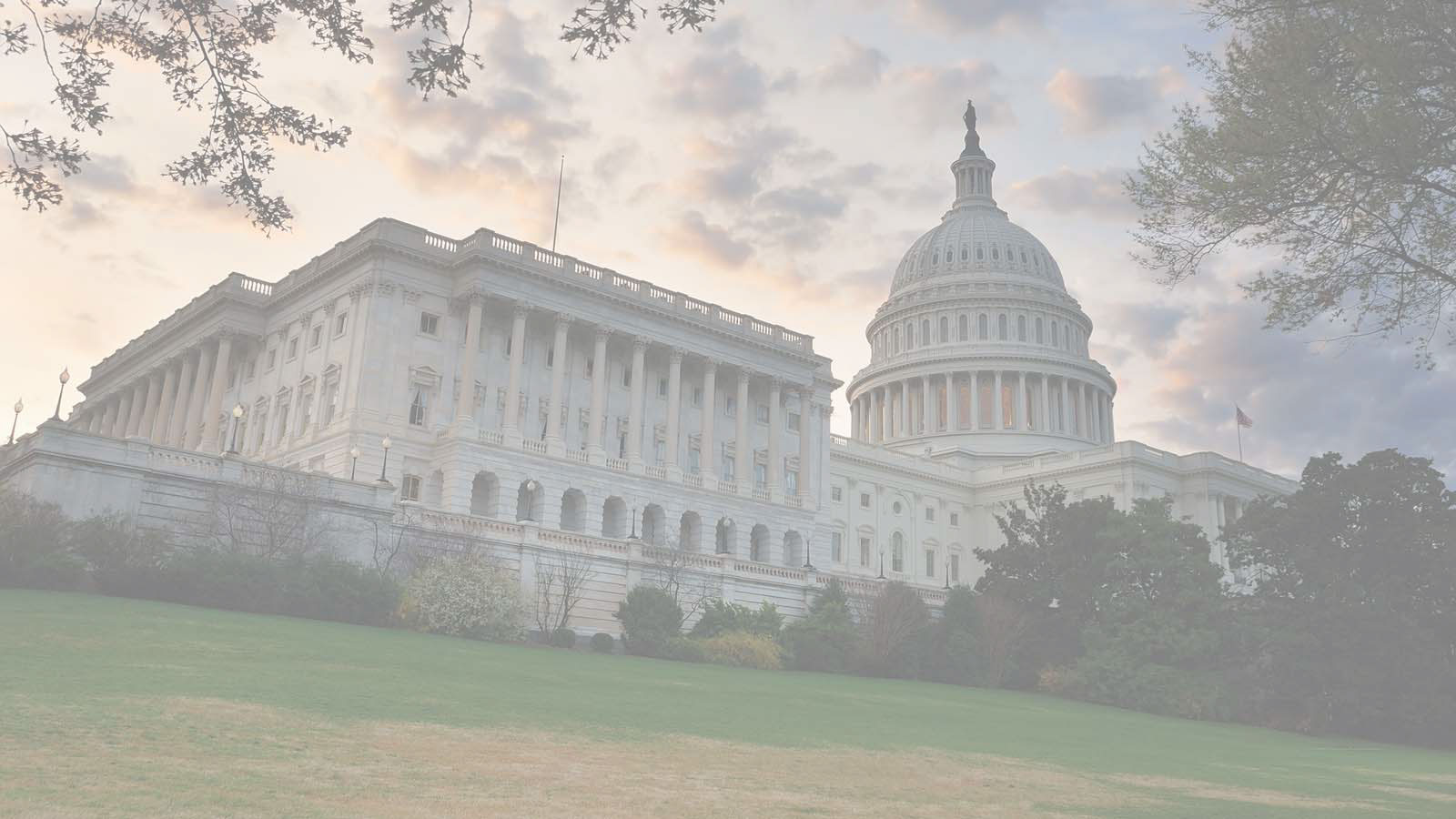
“Climate change poses a very serious threat, but also a significant economic opportunity for our city and our nation. Fayetteville is committed to working with leaders of other cities, states, universities, and businesses to combat climate change by supporting a low-carbon economy and creating good jobs in energy efficiency and renewable energy.” – Lioneld Jordan, Mayor, City of Fayetteville, AR
“While many people think that climate change is in the future, it is impacting the City of Santa Clara now. We are in a drought that recently the New York Times said is the worst in 12 centuries. This is severely affecting hydropower and water supplies that Santa Clara relies on. Also, wildfires the past four years have even turned the sun orange and shut down PE (physical education) classes in schools. Fortunately, the Santa Clara City Council set a target of 80 percent emissions reductions citywide by 2035.” – Sudhanshu Jain, Vice Mayor, City of Santa Clara, CA
“I am proud of the actions LA Unified has taken and the commitments we have upheld to create a more sustainable future—but we can’t solve the climate crisis without bold leadership and investments at every level of government. From the global stage to our local schools, we all have an obligation to leave our children with a cleaner, greener, and healthier planet.” – Nick Melvoin, Vice President, Los Angeles Unified Board of Education, Los Angeles, CA
“I want to leave this world in a far better place that I was born into.” – Victor Aguilar Jr., Councilmember, City of San Leandro, CA, 94577
“Here in California, we are impacted by more devastating wildfires each year due to climate change. Our public schools now need to schedule in “smoke days” to plan for days where students will be unable to breathe outdoor air. Here in Mt Diablo Unified School District, we’ve received grants for six electric school buses and built a charging station. We would transition our entire school bus fleet to electric if we had the resources to do so. Please help local public school districts to make these urgent investments in clean energy.” – Cherise Khaund, School Board Trustee, Mt. Diablo Unified School District, Walnut Creek, CA, 94598
“Over the last year in South Lake Tahoe, we have had record-breaking heat, months of wildfire smoke–some of it at the very worst end of the health index, almost 200 inches of snow in 3 weeks, localized flooding from an “atmospheric river,” and wildfire. Weather-related disasters will only worsen as our rising temperatures further unbalance our ecosystems and ultimately destroy our winter recreation industry. Our economy, culture and our ecosystems will be devastated.” – Bonnie Turnbull, Trustee, Lake Tahoe Unified School District, South Lake Tahoe, CA. These views are Turnbull’s and do not necessarily represent the views of other LTUSD Board Trustees.
“As a geologist, the earth records repeated climate catastrophes with a variety of causes. This time, failure due to us is an option, no matter the tendency of the American cultural imagination to deny it. As a Mayor, I ask all electeds to look and lead to a different future.” – Preston Jordan, Mayor, City of Albany, CA
“From sea level rise to drought to smoke from wildfires, Oakland and many communities across our nation are facing increased risks and realities of the climate crisis. Our country must lead or we will be failing our communities. Congress needs to act this year to pass climate legislation that will make a difference.” – Dan Kalb, Oakland City Councilmember, Oakland, CA
“We’ve been lucky in Petaluma; though we are now in a drought emergency, we’ve been able to open public spaces as shelters for those evacuated from big Northern California fires in three of the last five years. [We are] trying to save up goodwill for the time when a fire really hits close to home!” – Dennis Pocekay, MD, MPH, Petaluma City Councilmember, CA
“Worsening air quality, more extreme heat, wildfires in winter are just a few ways the climate crisis is already manifesting itself in our neighborhoods.” – David Diaz, MPH, Executive Director, Active San Gabriel Valley, El Monte, CA
“The forecasted rise in sea levels, if unchecked, will submerge over 30 percent of our city’s revenue base. It will wipe out our ability to provide police, fire, sidewalks, parks. Multiply this by eight billion people and the stakes are absurdly high. There is no petrochemical industry job worth this cost. Do your job, legislate for the eight billion.” – Michael Brownrigg, Councilmember, former Mayor, City of Burlingame, CA
“DeKalb County residents and businesses have suffered from the impacts of climate change and burning of fossil fuels, whether it be severe flooding in vulnerable neighborhoods, persistent air pollution from tailpipe emissions, or the urban heat island effect, our people are experiencing this global crisis in our own community right now. This is why we locally are joining leaders from around the world in commitments to transition to a net zero carbon economy, clean energy and clean transportation. Our people and our planet must be protected for now and future generations. But we can’t do it alone, we need the support of our state and federal leaders in this urgent evolution to a greener society.” – Edward “Ted” Terry, Super District 6 Commissioner, DeKalb County Board of Commissioners, Clarkston, GA
“My senate district in West O’ahu, like most areas of Hawai’i, is faced with climate impacts, such as sea level rise, increased temperatures, changes in rainfall, loss of native species, and coral reef damage. That’s why I was stoked that we were able to get our Climate Emergency resolution adopted by both the Senate and House last session. We were the first state in the country to do so, which is very important in terms of our state’s leadership nationally and internationally on this issue.” – Mike Gabbard, State Senator, Hawaii State Senate, Honolulu, HI
“Climate change is real and has impacted our communities with dramatic seasonal changes, which has produced widespread flooding due to unusually heavy storms. Heatwaves and extreme cold is putting our senior citizens and the lives of those in disadvantaged communities in danger. There is no time to wait and to think about what to do. We know what is needed. I again urge Congress to act now.” – Vernard L. Alsberry Jr., Mayor, Hazel Crest, IL
“Climate change is already having a negative impact on our entire community. Children are especially vulnerable to heat waves that are becoming more frequent. Flooding from extreme weather events directly threatens students’ lives, and also erodes our infrastructure, making our schools and playgrounds less comfortable and less safe. Air quality issues lead to problems breathing, learning, and playing. It’s our collective responsibility to do everything in our power to create a better future for our children, and addressing climate change is a vital part of that.” – Kathy Shannon, Board Vice President, Champaign Unit 4 Schools, Champaign, IL
“Pollution from fossil fuels is harming our lungs, hearts and minds. Taking a breath should never put your health at risk. It’s imperative that we move away from these dirty energy sources to prevent further unnecessary illness and death.” – Katie Huffling, DNP, RN, CNM, FAAN, Executive Director, Alliance of Nurses for Healthy Environments, Mount Rainier, MD
“As the climate continues to change, humans are feeling the health effects of climate change. Increased natural disasters such as flood, drought, heat waves, and wildfires have displaced many people from their homes. Many people have been hospitalized from climate related disasters resulting in poor air quality and polluted water sources. Actions to improve human health also improve the health of the ecosystems humans depend on. It is time to act now to provide clean air, water, and resources for future generations to come.” – Mackenzie Nolde, Montana Health Professionals for a Healthy Climate, Bozeman, MT
“Pollution has been free so we have freely polluted. But the free ride is long since over: local governments face rising costs to reengineer storm water systems, shorelines, ports, roads—everything. We can’t afford all these band-aids—we need to stop the root cause: carbon emissions driving climate change.” – Tom Bullock, Councilmember at Large, City of Lakewood, OH
“The climate crisis is affecting every community across America. Right here in Grandview Heights, we’re experiencing more extreme heat and poor air quality days. Tick-born and mosquito-born illnesses are on the rise. In 2017, my daughter was bit by a deer tick she picked up from our backyard. None of us is immune to the effects of a changing climate. As a local leader and a parent, I know how important it is for us to address this climate crisis head on.” – Melanie Houston, City Councilmember, Grandview Heights, OH
“As an environmental and occupational epidemiologist, it is clear that the disasters linked to the climate crisis are exacting a serious toll on the health and safety of families and workers in many parts of our nation. We must act now, to protect people and reduce the risks we face each year.” – Michael Heumann, MPH, MA, Portland, Oregon
“In Philadelphia, schools routinely have to close during the summer because temperatures inside the buildings grow dangerously hot. In the winter, households face crushing utility bills. And year round, whole neighborhoods are traumatized by losing everything to flood waters and having to rebuild over and over. Across my state, fossil fuel companies keep workers locked into industries that rob their communities of health and prosperity. Pennsylvanians know clean energy and weatherization are our future. It’s time for federal representatives to follow the will of the people.” – Nikil Saval, State Senator, Pennsylvania State Senate, Philadelphia, PA
“In the district where I serve, we have had three hundred-year floods in the past eighteen months. It’s flooding in the watersheds, and on our main streets and in the cul de sacs built over the past 30 years or more. People, my neighbors, have lost their homes and businesses to flooding. We didn’t build to remediate this amount of water, especially so often. But we know both the culprit and the efforts required. We need to cap carbon and methane releases; and move to renewable energy. And we need to rebuild our stormwater infrastructure to modern standards. I urge Congress to act, and my colleagues as well so that Pennsylvania does its part for the country and for our own communities.” – Joe Webster, State Representative, Pennsylvania House of Representatives, Collegeville, PA
“When we take a big step back and look at the arc of mankind, our generation will be defined by one thing – what we did, or didn’t do, to reverse climate change. We as leaders and individuals must make every effort to stem the tide of the increasingly frequent extreme weather events that have been impacting our community.” – Kevin Madden, Councilmember, Delaware County, Media, PA
“In addition to the obvious damage extreme weather events such as tornadoes have inflicted (a tornado ripped through our district this fall, causing schools to close and inflicting massive damage that suck up scare resources to repair), wide swings in weather, be it temperature or precipitation, cause havoc when it comes to running a school district. Large operations such as our 5,000 student school district, with a large number of families and staff involved every day, need to be able to rely on predictable weather patterns. Sixty degrees one day, followed by twenty the next, makes it impossible to plan for seemingly simple things like buildings and grounds safety and readiness. Yes, we do have the ability to provide instruction virtually, but most everyone agrees that is a distant second to in-person instruction. And then, with crazy weather swings, we can’t even plan on the virtual option!” – James Crisfield, Superintendent, Wissahickon School District, Ambler, PA
“Over the past few years, Bucks County has seen more severe and unusual weather events than it has in decades, which is clearly tied to global climate change. The tornadoes and flooding we saw had a dramatic impact on the lives of our residents. We can only hope that it isn’t too late to make the changes we need to protect our planet.” – Bob Harvie, County Commissioner Chair, County of Bucks, Doylestown, PA
“As a pediatric allergy and asthma specialist, I have seen first hand the impact that climate change is having on my patients. It is leading to longer pollen seasons with higher peaks that results in increased symptoms of allergic rhinitis and allergic asthma. It is also contributing to increased humidity and flooding, both of which drive increased mold levels in the environment and homes and results in increased symptoms of allergic rhinitis and allergic asthma. It is also causing increased numbers of weather inversions in my geographic area; weather inversions trap air pollution in our local environment and trigger asthma attacks. In addition to allergy and asthma, climate change is increasing the number of infectious and tick borne diseases that are seen.” – Deborah Gentile MD, Medical Director, Community Partners in Asthma Care, Pittsburgh, PA
“The explosion of intense storms and life destroying floods in my community are synonymous with climate change. Action must be taken by Congress now to protect the environment for our children and future generations.” – Tim Briggs, State Representative, Pennsylvania House of Representatives, King of Prussia, PA
“The climate crisis is a clear and present danger. We must take bold steps to mitigate this existential threat. Failure is not an option. We’re the United States of America . . . we do big things and we’ve done it before in the energy sector. For instance, the 1935 Rural Electrification Act resulted in increasing electricity access to U.S. farms from 10 percent to over 90 percent in less than two decades. Enacting the climate provisions in the Build Back Better Act would be the next big thing. Our nation’s electricity grid is the world’s greatest engineering accomplishment. However, the glut of recent climate-related outages, exacerbated by outdated technologies, make it clear that it’s time for a tune-up. We must build back better.” – Joel Hicks, Councilman, Borough of Carlisle, Carlisle, PA
“Our ongoing and accelerating climate breakdown damages every aspect of our health. It worsens the air we breathe by heat and pollution. It degrades the food we eat by drought and pests. It destroys the shelter we seek by floods and fires. Climate change is the greatest health threat of our century. Inaction is abdication.” – Nick Snow, MD, Shenandoah University; Steering Committee, Virginia Clinicians for Climate Action, Boyce, VA
Cover photo: U.S. Capitol Building. Songquan Deng via Shutterstock.
Topics
Authors
Lisa Frank
Executive Director, Washington Legislative Office, Environment America; Vice President and D.C. Director, The Public Interest Network
Lisa directs strategy and staff for Environment America's federal campaigns. She also oversees The Public Interest Network's Washington, D.C., office and operations. She has won millions of dollars in investments in walking, biking and transit, and has helped develop strategic campaigns to protect America's oceans, forests and public lands from drilling, logging and road-building. Lisa is an Oregonian transplant in Washington, D.C., where she loves hiking, running, biking, and cooking for friends and family.
Find Out More

Bank of America said it would stop financing drilling in the Arctic Refuge. Now it’s backtracking.
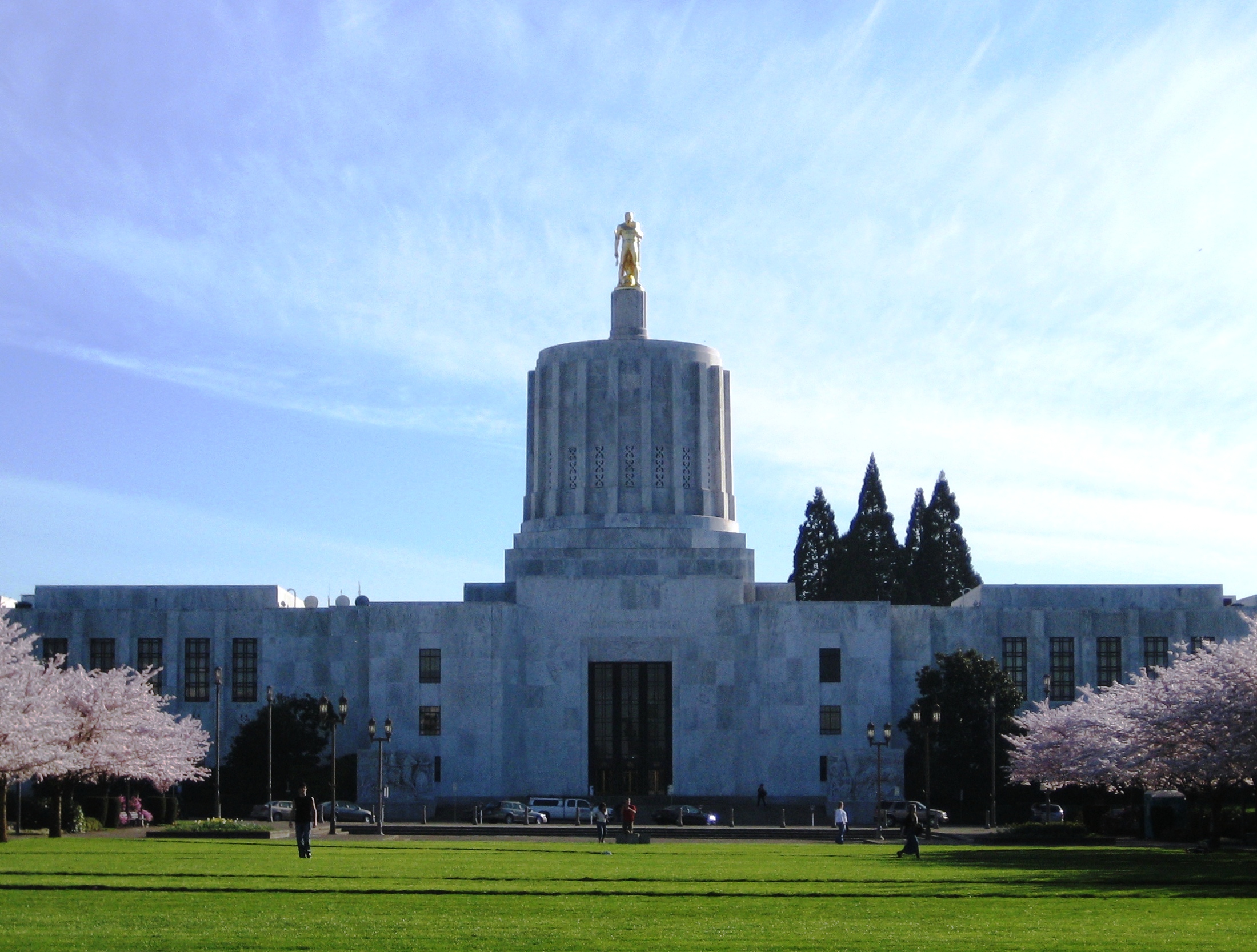
The Oregon legislature delivered key wins for the environment
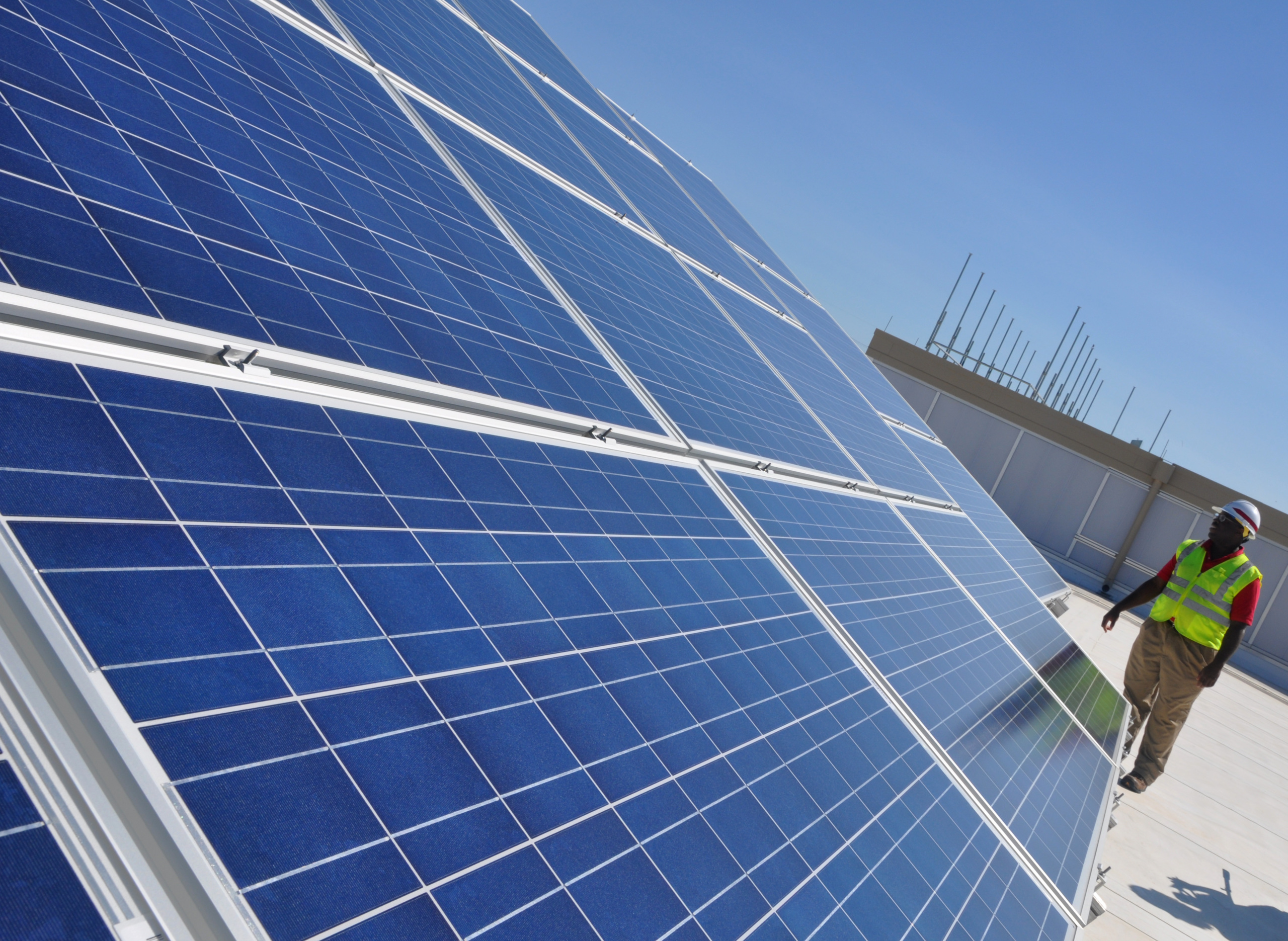
Unlocking America’s rooftop solar potential
